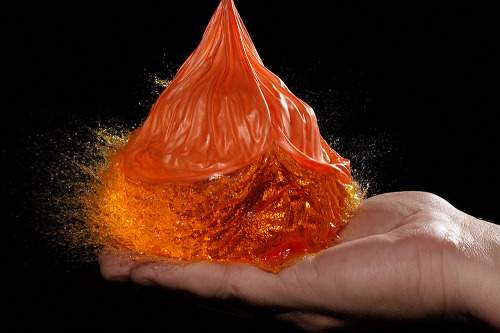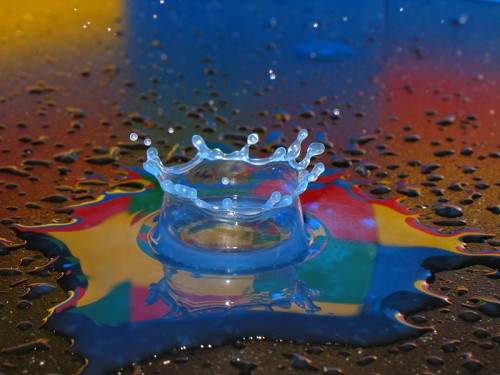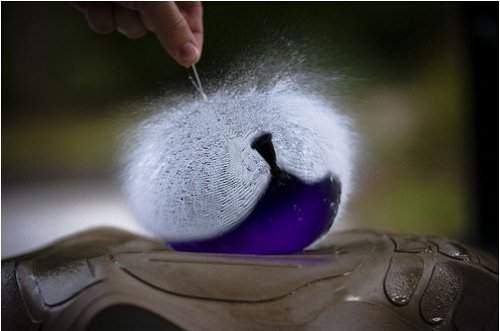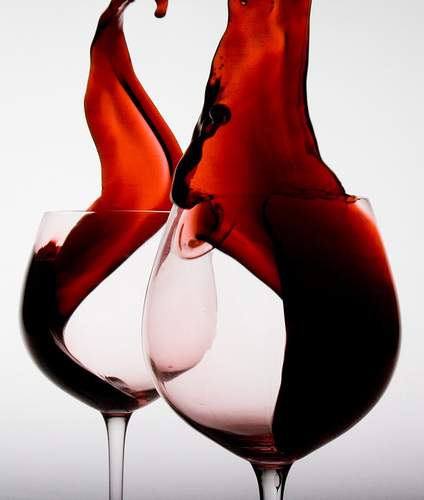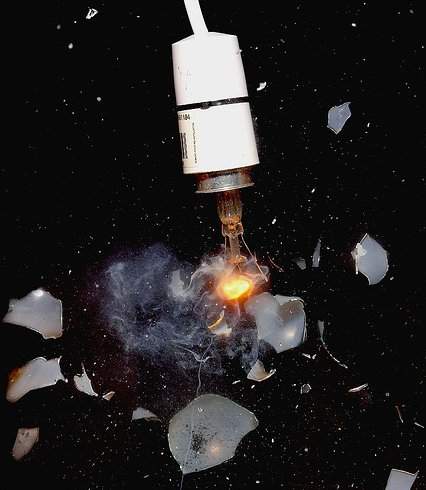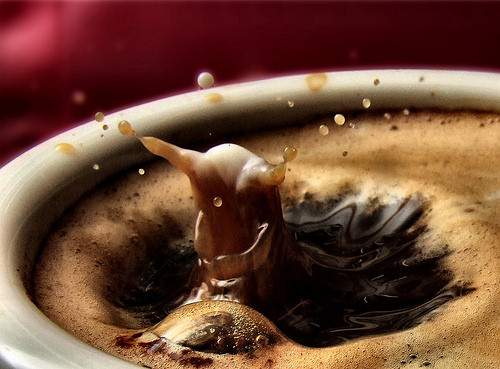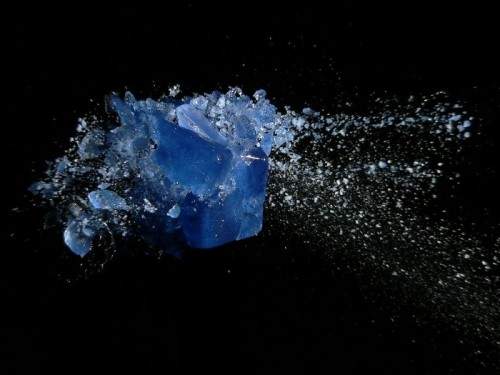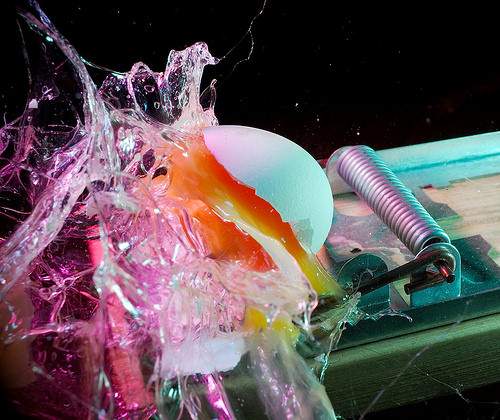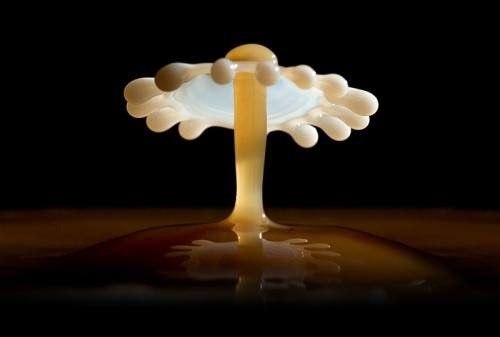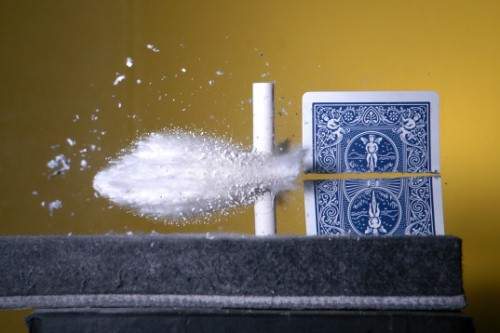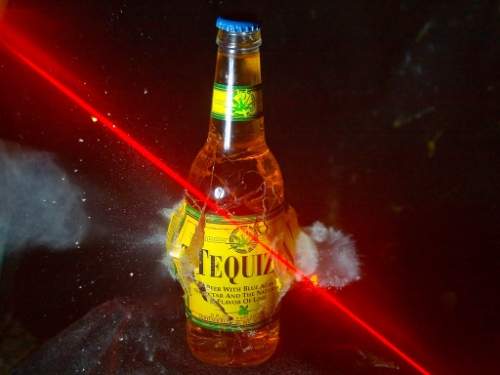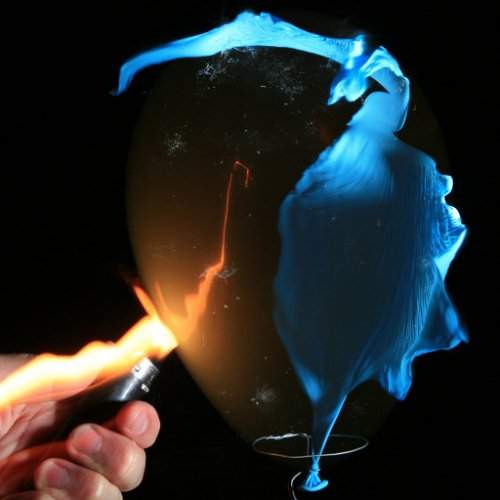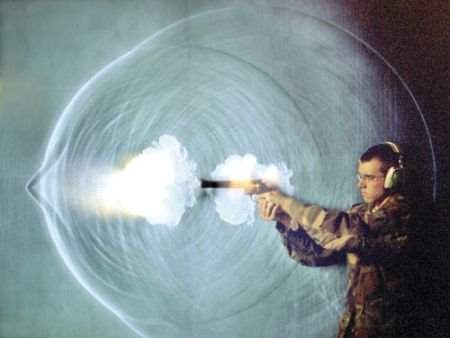Celebration Of High-Speed Photography
A digital camera, some fast-moving subject, and a bit of knowledge about how to take the best pictures of moving subjects will launch you on the road to some of the most interesting photographs you’ve ever taken. Although some blurring can be effective in communicating a sense of high-speed motion, some photographers want the subject to be frozen in time to get some pretty special photographic effects.
You may want to take a look at related articles:
- Beautiful Examples of Kinetic Photography
- 50 Incredible Photography Techniques and Photo Tutorials
- 50 Stunning Examples Of Reflective Photography
- 60 Beautiful Examples Of Night Photography
Below we present over 35 beautiful examples of high-speed photography, which are supposed to provide you with some inspiration of what can be done with high-speed photography. We also showcase some truly stunning slow-motion videos. All the examples are linked to their sources. You can also explore further works of the photographers we’ve featured below.
35 Beautiful Examples of High-Speed Photography
Heart Breaker The photo is taken by Jeroen Rouwkema.
Marbles The photo is taken by fotoopa.
Sound-triggered high-speed flash photography These experiments were performed as part of the 2008 Astro-Science Workshop of the Adler Planetarium in Chicago, IL.
The Red And The Blue The photo is taken by Paul Hocksenar.
Cherry Drop Photo by Brian Davies.
Ghirlanda Colore The photo is taken by Antonino Dattola.
Popping Balloons The photo is taken by Rob Hilken.

Apple Water Splash Photo by linden.g.
Speedy burst water balloon “Awesome and interesting shot of a water balloon being popped. I’ve never seen a planet blow up, but this is how I imagine it would look.”
Water Sound Figures Photo by linden.g.
Smashed (and burning) bulb The photo is taken by Peter Wienerroither from the University of Wien, Austria.
Photo by James Neeley.
Strange Brew Photo by Ray Edgar.
Shattered Glass “This photo perfectly freezes the moment between the breaking of the bulb and the tungsten filaments (thereby breaking the source of light), it’s a sort of limbo captured.”
Unknown (?)
3 Waterbaloons

Milk and Coffee The photo is taken by Andreas Stridsberg.
Red Light Bulb Photo by spyzter.
Water Dart Photo by Adam Connah.
Nebarnix High-speed photography set
Minutes of fun Photo by cavern.
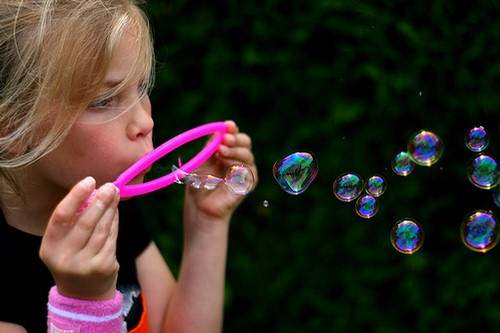
Slow-Motion Videos
Last Click
Full Magnum Schlieren “This full-scale schlieren image shows the discharge of a .44 Magnum revolver. Two spherical shock waves are seen, one centered about the gun’s muzzle (the muzzle blast) and a second centered on the cylinder. The supersonic bullet is visible at the far left. This weapon produces a bright muzzle flash and a cloud of products of gunpowder combustion that envelops the hands of the shooter. Such high-speed images help forensics experts understand the transfer of gunpowder traces to the hands when firing a gun.”
How To Make High-Speed Photos?
The choice of shutter speed has a profound effect on the way moving subjects are recorded. For average everyday shooting with standard zooms, a speed over 1⁄20 to 1⁄125 second will prevent motion blur (camera shake). However, as the shutter speed goes past 1⁄500 second, you can then start to take advantage of the faster shutter speed’s ability to freeze action. For high-speed photography (especially sports photography), it is really necessary to get good motion blur-free shots. But making these speeds possible also requires either wide apertures, bright lighting conditions or an adjustment to the camera’s ISO speed — or a combination of all three.
Sometime the task of catching the most expressive instant, which can last for only hundredths of a second, becomes very difficult. In such cases, most photographers use the sequence mode, so that the camera fires several shots as it is panned. Cameras with a sequence mode let you fire a sequence and then throw out all of the non-sharp or useless images.
If you need to shoot a photo of a girl’s hair flying about or freeze the splash of a pouring drink, strobe is the way to do it. Most photographers use electronic flash as the lighting source in studios to freeze motion. Since electronic flash (strobe) stays lit between 1/800th and 1/2000th of a second, and because you will usually be shooting at f-stops above f-8, everything in the image will be razor sharp.
Further Resources
Further articles and related resources:
- DIY - High Speed Photography at Home
- High Speed Photography Flickr Pool
- Liquid Art: Droplet Photography



 Register for free to attend Axe-con
Register for free to attend Axe-con

 Celebrating 10 million developers
Celebrating 10 million developers Register now for WAS 2026
Register now for WAS 2026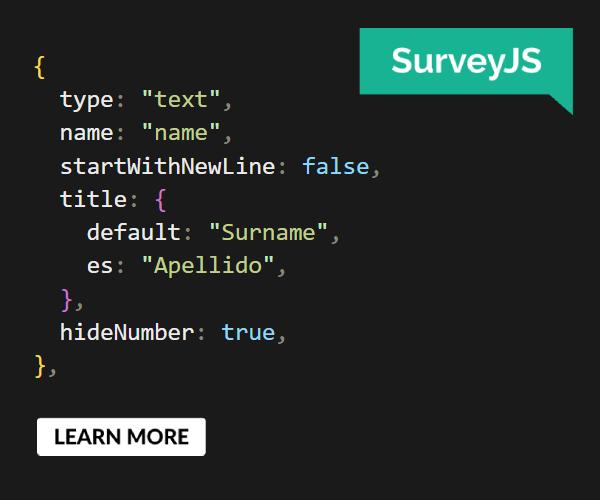 SurveyJS: White-Label Survey Solution for Your JS App
SurveyJS: White-Label Survey Solution for Your JS App





